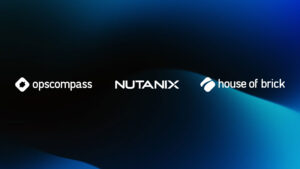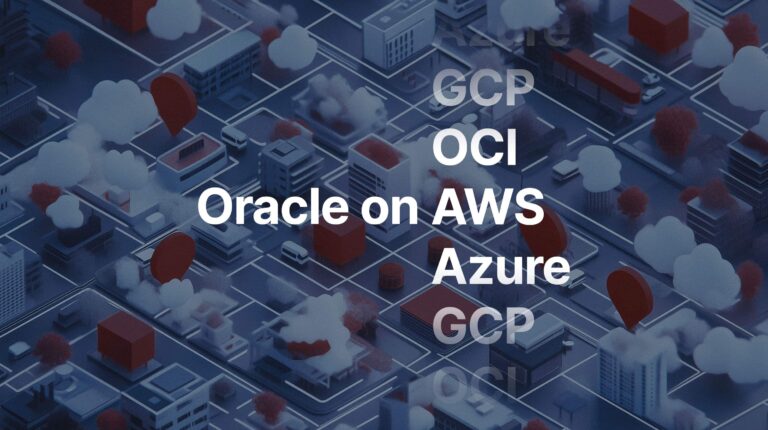Dave Welch (@OraVBCA), CTO and Chief Evangelist
On May 3, 2017, The Register reported “Massive Oracle sales re-org to accelerate cloud cash drive: On-prem product sales canned for Cloud Architects.” Now that Oracle’s fiscal year end is behind us, I’ll note what I believe to be some significant articles on Oracle Cloud and my observations on those articles.
The Register article is largely based on chatter originating from thelayoff.com, most of which is anonymous and therefore may or may not be reliable. (For what it’s worth, thelayoff.com postings spiked the first week in June from alleged Oracle employees being laid off or witnessing layoffs.)
The best Oracle Cloud investigative reporter out there in my observation is CRN’s Kevin McLaughlin. Two years ago, Mr. McLaughlin posted an article that sets the table for what Oracle might be up to with their Cloud push. McLaughlin was also among the first to publicly identify Oracle’s now well-known practice of pushing cloud purchases in order for customers to avoid (sometimes spurious) audit findings.
It so happens that it is the rare exception for House of Brick clients who purchase Oracle Cloud credits to actually use them. Most often, the Oracle Cloud is advanced for the purpose of getting a discount on something else that is completely non-cloud-related. Yet Oracle is out there beating its drum about how it is the leading enterprise cloud provider. I would venture to suggest that Oracle’s customers know better.
Because of this, it doesn’t surprise me to see allegations that its Cloud is not operationally ready, as illustrated in this CRN article.
One Oracle audit customer’s sentiment became the title of this post: “‘I felt like we were being extorted’: Customer says Oracle tried to strong-arm him into a cloud sale.”
In addition to operational concerns, former Oracle staff accountant Svetlana Blackburn filed a whistle-blower suit against Oracle on June 1, 2016, which alleged that Oracle compelled her to misrepresent Cloud revenue. On the face of it, that is certainly a credible allegation given Oracle’s very public desperation to boost its Cloud numbers (Blackburn finally settled with Oracle in early February 2017). To me, it’s telling that Oracle never followed through on its June 2, 2016 public statement that it was going to sue her. I never expected that Oracle would.
How interesting that Oracle managed to settle out of court with two class action lawsuits that were based entirely on the Blackburn filing, and yet it took much longer to settle with Blackburn herself. Rather, I would assume that if Oracle had any substance behind its June 2, 2016 assertion that Blackburn was being less than truthful, that Oracle would have easily succeeded in moving Blackburn out of the way prior to resolving downstream class actions.
This article asserts Oracle comped its field five to seven times per dollar compared to other items in its book. If that were true, Oracle would have engineered a scenario where the reps clearly don’t have the customers’ best interests in mind. No surprise that customers report to us that Oracle reps are telling them that if they want a deal (aggressive discounts) on product the customers are interested in, the deal is contingent on the purchase of cloud credits.
And, to top it all off, this CRN article showcases the ultimate reach in expansively re-defining “public cloud” as including on-prem infrastructure. I would think that this is clearly for the purpose of adding yet more revenue to Oracle’s cloud numbers.
The Motley Fool posted an interesting article last year that asserts the risks Oracle faces with its cloud industry aspirations when compared to prominent competitors.
I hear a lot of people grumble about the apparent total disregard that their software vendor has for relationships with their customers. It would seem to me that such relationships would be of increased importance as a public cloud customer as compared to running software on-prem.
The bottom line in all of this information is that it could be both the infrastructure/operation of the Oracle Cloud, as well as the rate of actual customer adoption that are falling short of Oracle’s aspirations and perhaps even of their claims.






